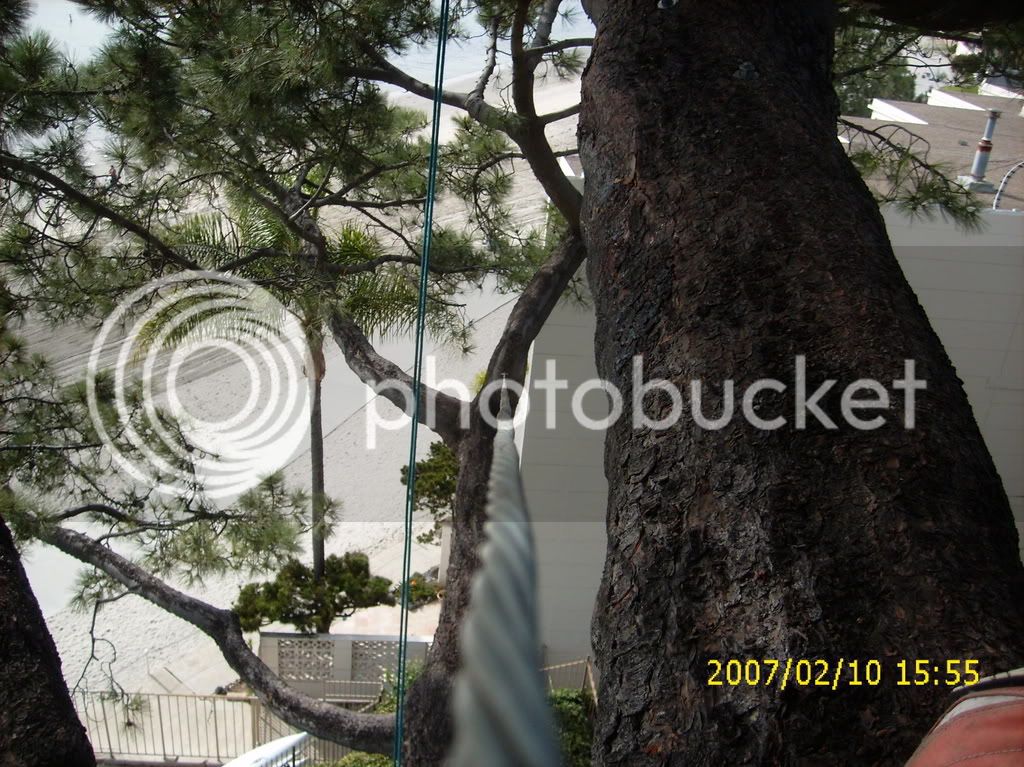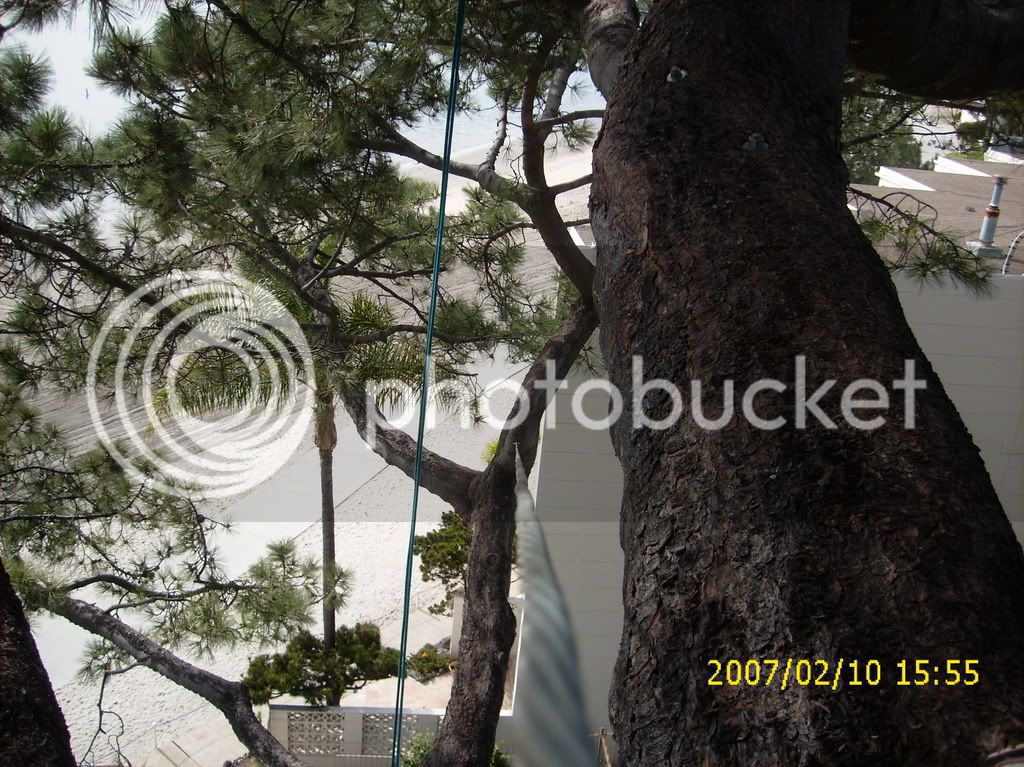Now that I look at those pics again it looks like that was an old crack that codit took care of as best it could a long time ago (see that deformed bulge).
Now a storm or gust brought out the weakness that was already there maybe?? The two cracks in succession bother me the most, that thing almost broke I'll bet. Just some thoughts.
Now a storm or gust brought out the weakness that was already there maybe?? The two cracks in succession bother me the most, that thing almost broke I'll bet. Just some thoughts.







